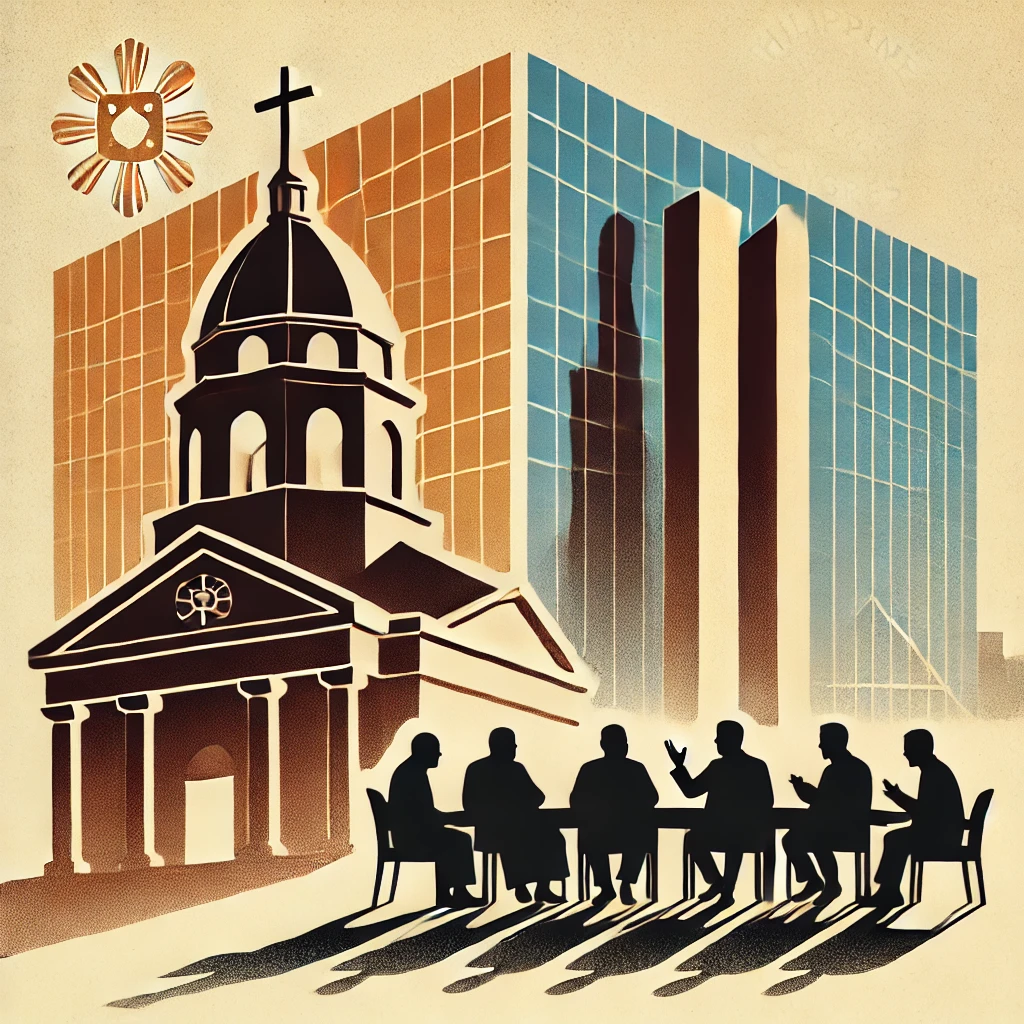Urban areas in the Philippines are vibrant melting pots of culture, diversity, and opportunity. However, they also face unique challenges such as poverty, inequality, and social issues. Christian missions in these urban communities play a vital role in bringing hope, compassion, and transformation to the lives of the people.
In this blog post, we will explore the approaches and strategies employed by Christian missions in urban areas of the Philippines, highlighting their positive impact and the ways in which they are making a difference.
The Power of Relationships
At the heart of Christian missions in urban areas is the power of relationships. Missionaries and volunteers forge deep connections with individuals and communities, building trust and understanding. By immersing themselves in the daily lives of the people they serve, they are able to address their needs holistically and create sustainable change.
These relationships go beyond providing physical aid; they seek to empower individuals and communities to break free from the cycle of poverty and transform their lives. By offering education, vocational training, and skills development programs, Christian missions equip people with the tools they need to improve their livelihoods and secure a better future for themselves and their families.
Community Development and Empowerment
Christian missions in urban areas also focus on community development and empowerment. They understand that transforming lives requires a holistic approach that addresses not just the immediate needs of individuals, but also the underlying systems and structures that perpetuate poverty and inequality.
Through initiatives such as job creation, microfinance programs, and entrepreneurship training, Christian missions empower individuals to become agents of change within their own communities. By equipping them with the necessary skills and resources, these missions enable individuals to start their own businesses, generate income, and contribute to the overall development of their community.
A Message of Hope and Love
Christian missions in urban areas also bring a message of hope and love to people who may feel marginalized or forgotten. They provide spiritual guidance, counseling, and support to those struggling with emotional and mental health issues. Through their presence and compassion, these missions remind individuals that they are valued, loved, and worthy of a better life.
By fostering an environment of inclusivity and acceptance, Christian missions create spaces where individuals can find solace, healing, and a sense of belonging. This message of hope and love extends to all, regardless of their background, beliefs, or circumstances, fostering unity and breaking down barriers within the urban community.
Conclusion
Christian missions in urban areas of the Philippines are beacons of hope, bringing transformation and positive change to individuals, communities, and society at large. Through their relational approach, community development efforts, and message of hope and love, these missions are making a significant impact.
As we continue to navigate the challenges of urban living, let us be inspired by the work of Christian missions and seek ways to contribute to the betterment of our own communities. Together, we can create a more inclusive, compassionate, and thriving urban environment for all.



